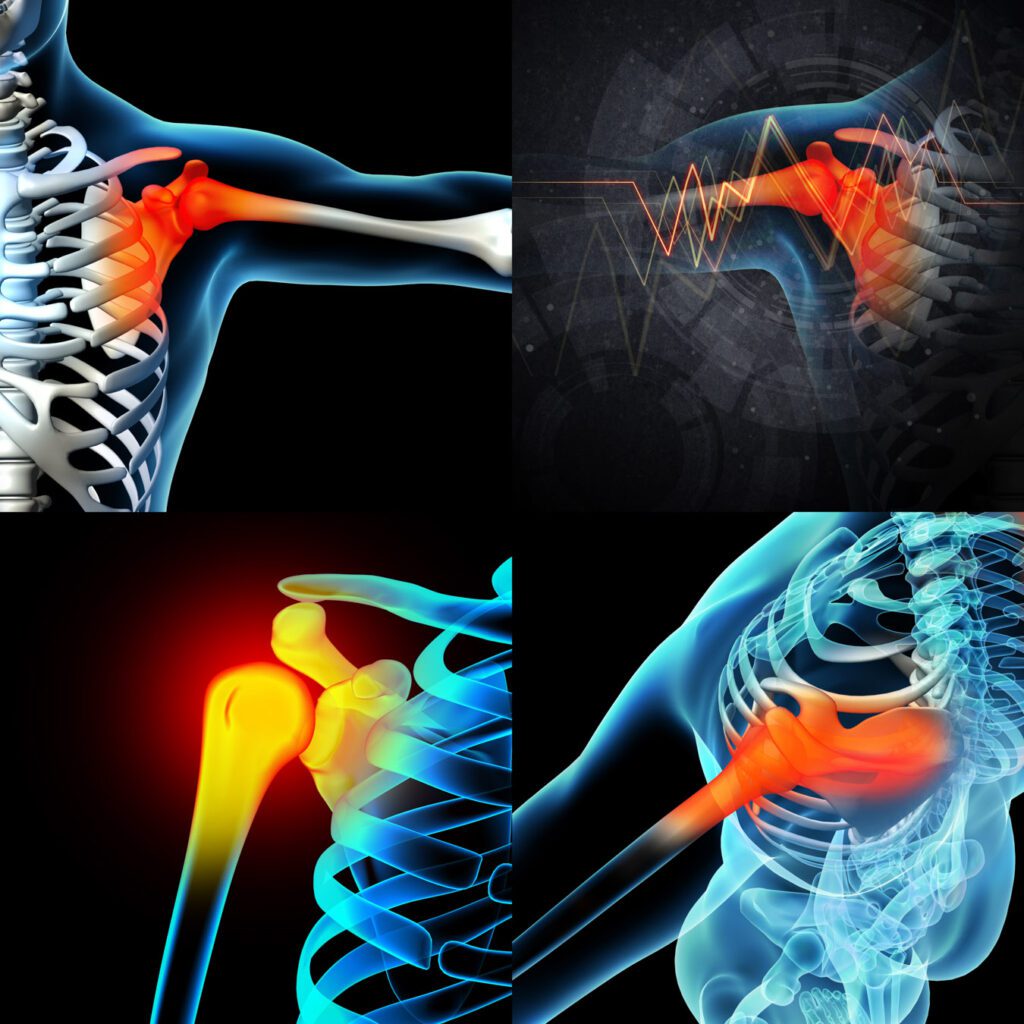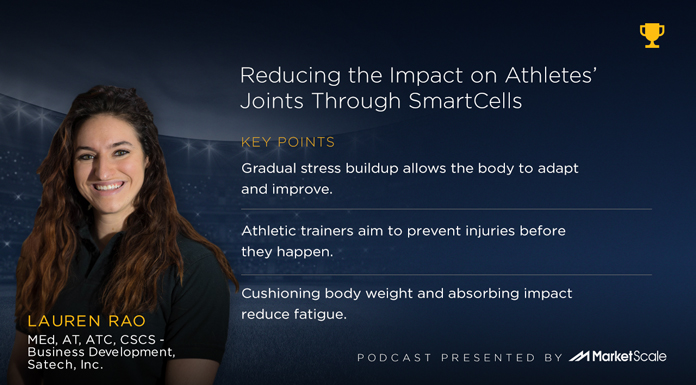Blog
Five Ways to Beat the Daylight Savings Time Exhaustion
- Derek Hawn
- March 16, 2016
- 6:51 pm
- No Comments
- 3 minutes
Although it is nice to have the extra hour of daylight, making up for the lost hour of sleep makes daylight savings a bittersweet reminder that spring is right around the corner.
Originally conceived in Germany in 1916 as a way to save on energy costs, the United States quickly followed suit in 1918. However, with the increase in energy efficiency in the 21st century, the annual energy reduction due to the time change is merely .03%.
In addition to the minimal energy savings, the lost hour is also associated with an increase in automobile accidents and heart attacks. In fact, scientists have found that on the Monday after Daylight Savings Time begins heart attack rates increase by an astonishing 24 percent.
Considering these numbers, it is no surprise that Arizona and Hawaii quit observing the time change, and many other states are considering the same thing.
If you live in an area that still practices Daylight Savings Time, you will want to read this list of tips and tricks to help you safely get through the week with the least amount of exhaustion.
Fuel Your Body
Energy is won or lost based on the fuel you feed your body. Think of your body as a car. Sure, you could run regular in it, but the higher octane premium fuel helps it run stronger and gives it more power. Much like a car, your diet has a lot to do with the amount of energy you have during the day. Eating plenty of fresh fruits and vegetables, fortified cereals and grains and yogurt are all good ways to increase energy. You will want to stay away from greasy or high-fat content foods such as burgers and donuts.
Watch What You Drink
Staying hydrated is another good way to keep your energy up. In the morning you may desire coffee to help jumpstart your day, but experts recommend only consuming caffeinated drinks in the morning and early afternoon during the time change. Any later than 2 p.m., and you risk affecting your sleep cycle, which will only exhaust you more. Finally, limit your alcohol intake while your body adjusts to the time change as it will also inhibit your energy.
Take a Nap
If you feel extremely exhausted during the day, it is perfectly healthy and normal to take a power nap. This will keep you from getting so exhausted that it puts you in a dangerous situation. This nap should be short (20-30 minutes), and in the early afternoon just make sure it isn’t too close to your regular bedtime.
Change Gradually
Adjusting to the time change slowly will help reduce your exhaustion. Experts recommend going to bed fifteen minutes early and gradually working to your normal bedtime. Our bodies enjoy routine, so in the long term, it is helpful to go to bed and wake up at the same time each day.
Play Outside
Now that we are close to Spring, the days are getting longer and the weather is getting better. Getting outside and exercising will not only increase your health, quality of sleep and energy, but it will also help you obtain some valuable Vitamin D in the process. The Vitamin D from the Sun’s rays will help increase your energy and mood. Scientists have also proven that the sunlight helps keep the body’s internal natural rhythm in check.
Prepare for a Good Night’s Sleep
The devil is in the details when it comes to having a good night of sleep. An hour before bed you should shut off all electronics and read a book or take a bath to relax before you fall asleep. In addition, your room should be clean, cool and dark.
From all of us here at SATECH, we hope you have a safe week adjusting to the time change.
Podcast: When it Comes to Floors, is Softer Really Better?
SmartCells Cyber Monday Deals You Don’t Want To Miss
The Key to Keeping your New Year’s Resolution is Hiding Under Your Feet
The Ultimate Beginners Guide to Tailgating
Cooking in Comfort: Using SmartCells in the Kitchen
Study Suggests Alleviating Musculoskeletal Pain Could Reduce Risk of Chronic Disease
Podcast: The Pressure is Off: Reducing the Impact on Athletes’ Joints Through SmartCells
SATECH, Inc. Proudly Launches SafeSpace Anti-Fatigue Social Distancing Solutions
Treat Your Feet: How Maintaining Healthy Feet Reduces Falls
Beyond Flowers and Candy-7 Unforgettable Valentine’s Day Adventures
Let us help you find the right solution
Not sure where to start? Our customer service and sales representatives – who are just as knowledgeable about the product as the scientists who created it – would be happy to help you understand more.





